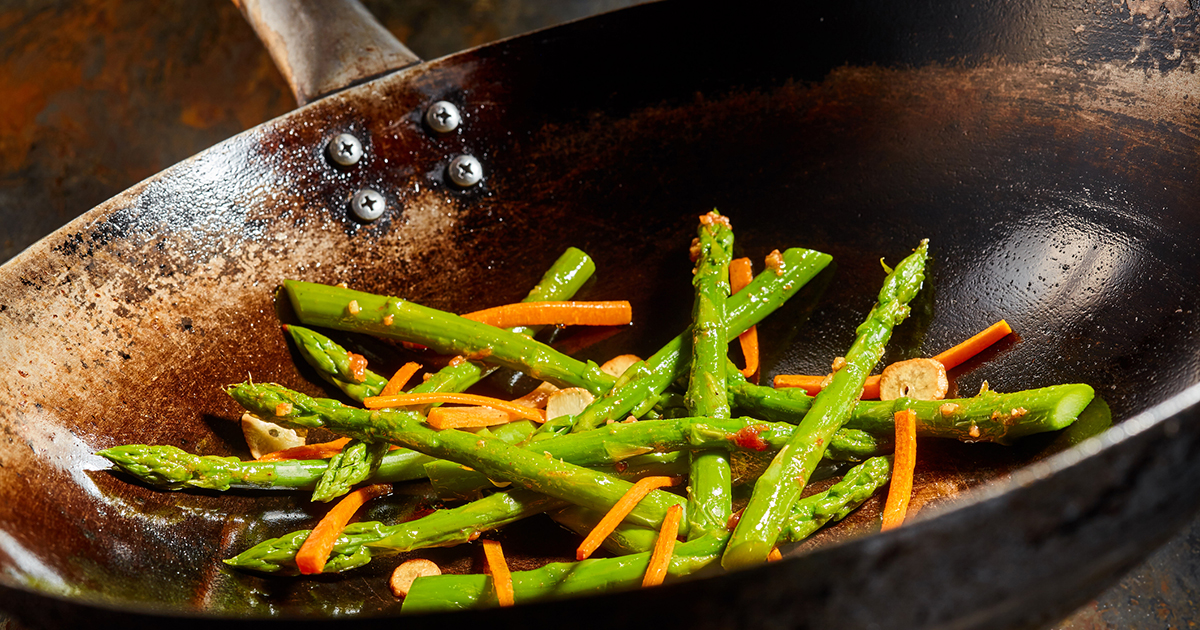Living With Inflammatory Bowel Disease; Should You Try A Low-Residue Diet?
Grains To Keep Eating

Although individuals with IBD should cut out specific grains, usually whole grains, they should not eliminate all grains from their diet. Therefore, those who decide to go on a low-residue diet should consider eating grains such as white rice, refined pasta, noodles, rice noodles, cream of wheat, grits, farina, plain crackers (especially saltines), enriched or refined white breads, seedless Melba toast, corn flakes, or puffed rice cereal. Refined grains are easier for the body to process, particularly when IBD is involved.
Vegetables To Keep Eating

While some vegetables are too high in fiber for those with an inflammatory bowel disease, there are others they can eat on a regular basis. Seedless vegetables (such as carrots, beets, asparagus, mushrooms, squash, and pumpkins) are ideal. Also, tomato sauce is okay to consume as long as it does not contain seeds, and potatoes can be baked without their skins.
Individuals can also cook fresh vegetables thoroughly before consumption, often through steaming, boiling, or roasting. The longer a vegetable is cooked, the more fiber it will lose, which is another reason why some are still appropriate for a low residue diet. Of course, other important nutrients will also get lost the longer the vegetable is cooked, and this needs to be taken into consideration.
